Ms. Phan Thi Mui and Mr. Phan Duy Tung decided to get married and build a home together in November 2019. Like many other families, they were looking forward to welcoming their first child, but unfortunately, after examination at several hospitals, Mr. Tung was diagnosed with no sperm in his semen. The doctor explained that the reason was that Mr. Tung had a mutation that deleted the AZFc segment on the long arm of the Y chromosome, leading to azoospermia in his semen. At that time, many people advised Mr. Tung and Ms. Mui to ask for sperm from a sperm bank to perform in vitro fertilization if they wanted to have children.
According to reproductive support experts, the group of infertility due to no sperm usually accounts for 10-15% of male infertility cases. Azoospermia can be understood as a condition in which men ejaculate but there is no sperm in the semen. There are two causes leading to this condition, first, due to the duct (obstructed or congenital absence of the vas deferens). Second, due to poor or no sperm production by the testicles, this condition is called non-obstructive azoospermia, which can be performed by microsurgery to find individual sperm and then inject them into the egg cytoplasm to form an embryo and transfer it into the woman's uterus.
The burning desire and longing to hold their own child in their arms urged the young couple not to give up. After being examined at the Hanoi Andrology and Infertility Hospital, Mr. Tung was assigned to perform Micro TESE testicular microsurgery to find sperm - this is considered the last resort for men with azoospermia due to chromosomal mutations.
According to Master, Doctor Dinh Huu Viet, Head of the Department of Andrology, Hanoi Andrology and Infertility Hospital , men with no sperm due to AZF deletion mutation still have the opportunity to become fathers thanks to the Micro TESE testicular microsurgery method to find sperm and in vitro fertilization. “Micro TESE is a microsurgical technique to find sperm from testicular tissue. When finding sperm on small tissue samples, the separation is also very difficult, requiring meticulousness. Doctors using the TESE technique can sometimes only find a few sperm or a few dozen, just enough to make a test tube. The surgeon must have experience in “watching” very precisely so that the sperm taken out is just enough, not taking too much tissue causing testicular damage,” Master, Doctor Dinh Huu Viet shared more about this technique.
After listening to the doctor's advice, Mui and her husband felt empowered and decided to file for Tung to undergo testicular microsurgery to find sperm. The first time they performed "sperm capture", although the number of sperm found was not much, the couple was lucky to create 5 embryos and had two chances to transfer the embryos. However, complete happiness still did not come to Tung's family when both embryo transfers were unsuccessful.
Still believing and hoping, Ms. Mui and Mr. Tung once again continued on their journey to find a child. Mr. Tung performed a second testicular microsurgery to find sperm. The few "sperms" obtained after Mr. Tung's surgery were fertilized with his wife's previously frozen eggs. This time, although there was only one chance to transfer embryos. And then, luck smiled, Ms. Mui successfully conceived on the third embryo transfer. Finally, after 9 months and 10 days of waiting, the faith and perseverance of Mr. Tung and Ms. Mui were rewarded, baby Phan Thanh Ngoc Diep (nicknamed LAVIE) was born on February 28, 2022 at the 39th week, weighing 4kg in the overwhelming happiness of the whole family.
The above is one of many successful infertility treatments thanks to the application of new technology in the examination, diagnosis and reproductive support practice at the Hanoi Andrology and Infertility Hospital.
Master, Doctor Le Thi Thu Hien, Deputy Director of Hanoi Andrology and Infertility Hospital shared: The role of modern technology applications has contributed significantly to the successful creation of embryos, increasing the rate of embryo implantation, monitoring and ensuring healthy pregnancies, while reducing time and costs for patients. In addition to professional activities, the hospital also always organizes community support programs to shorten the distance on the journey to find children for couples. "This year's Golden Week, the hospital continues to support 10 free cases of testicular microsurgery to find sperm - MicroTESE, 10 cases of 100% free in vitro fertilization and many other supports through the form of submitting application for approval from April 19 to May 14. Hopefully, with these practical support packages, infertile families will soon welcome their beloved children" - Master, Doctor Le Thi Thu Hien informed.
This is the 9th year the Golden Week program has been maintained as a unique mark, a long-term commitment of the hospital to accompany infertile couples in their journey to find their beloved children.
Article and photos: NAM TRUNG
Source








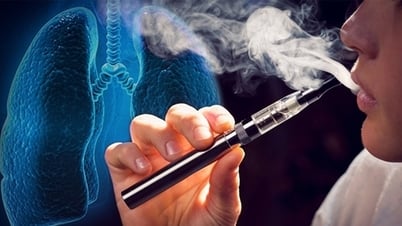

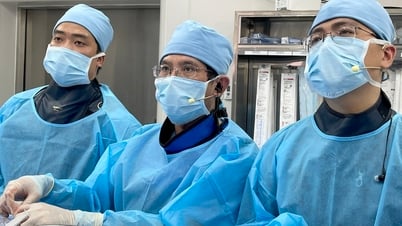





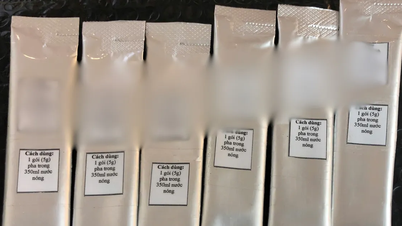





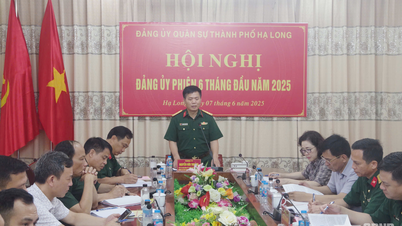
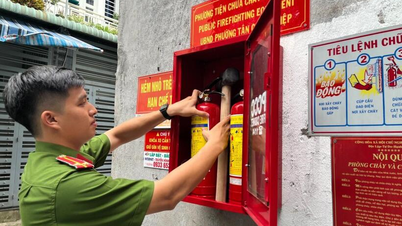

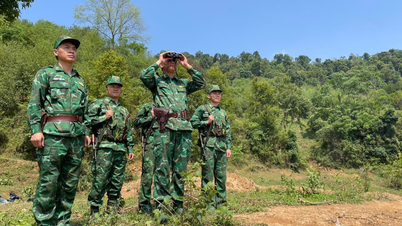
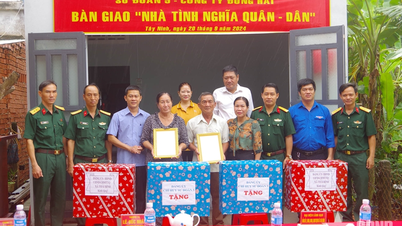
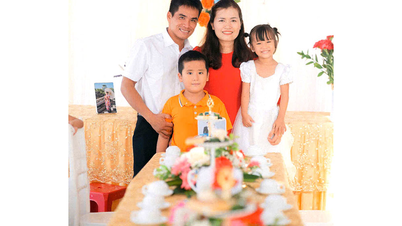

![[Photo] Nearly 104,000 candidates in Hanoi complete procedures to take the 10th grade entrance exam](https://vphoto.vietnam.vn/thumb/1200x675/vietnam/resource/IMAGE/2025/6/7/7dbf58fd77224eb583ea5c819ebf5a4e)




























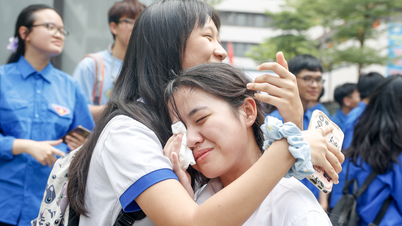






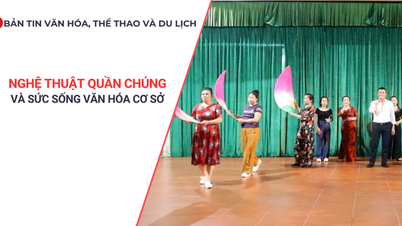

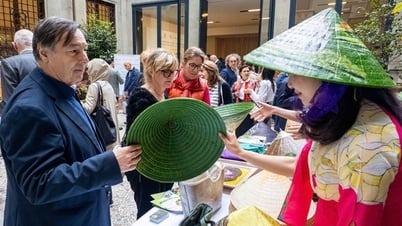


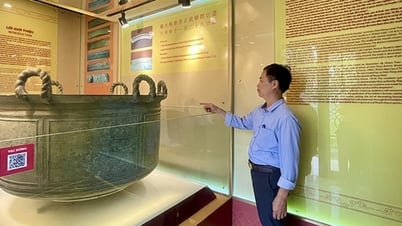

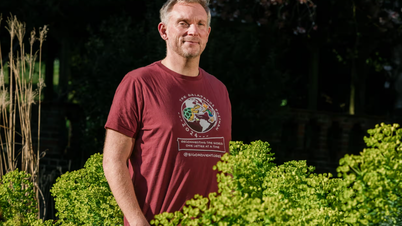



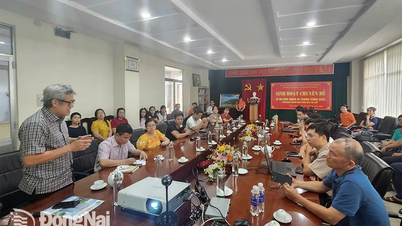

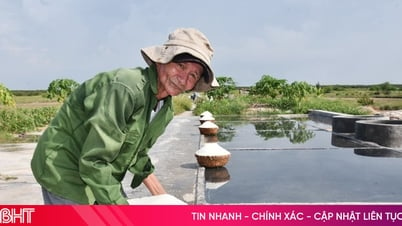










![[OCOP REVIEW] Tu Duyen Syrup - The essence of herbs from the mountains and forests of Nhu Thanh](https://vphoto.vietnam.vn/thumb/402x226/vietnam/resource/IMAGE/2025/6/5/58ca32fce4ec44039e444fbfae7e75ec)







Comment (0)